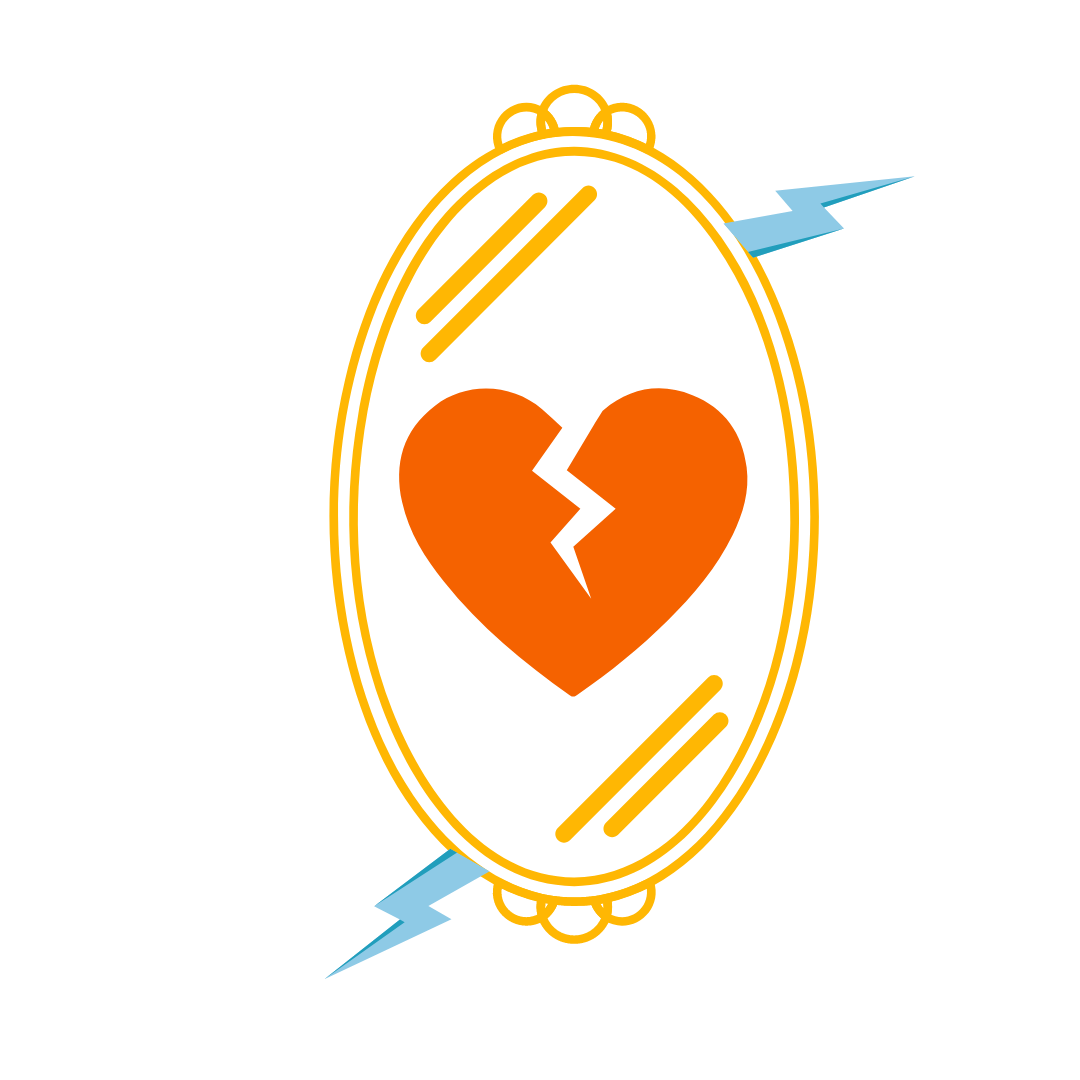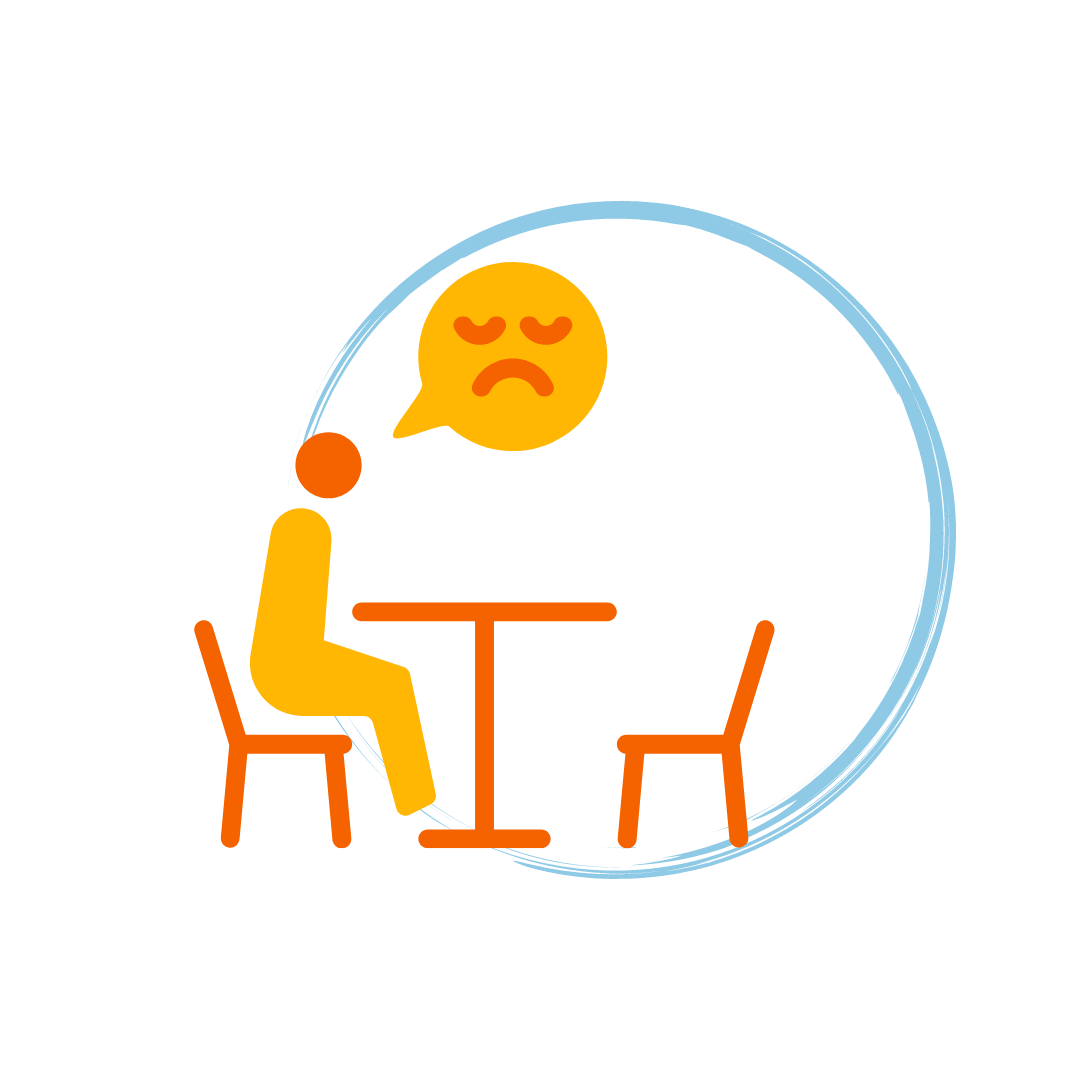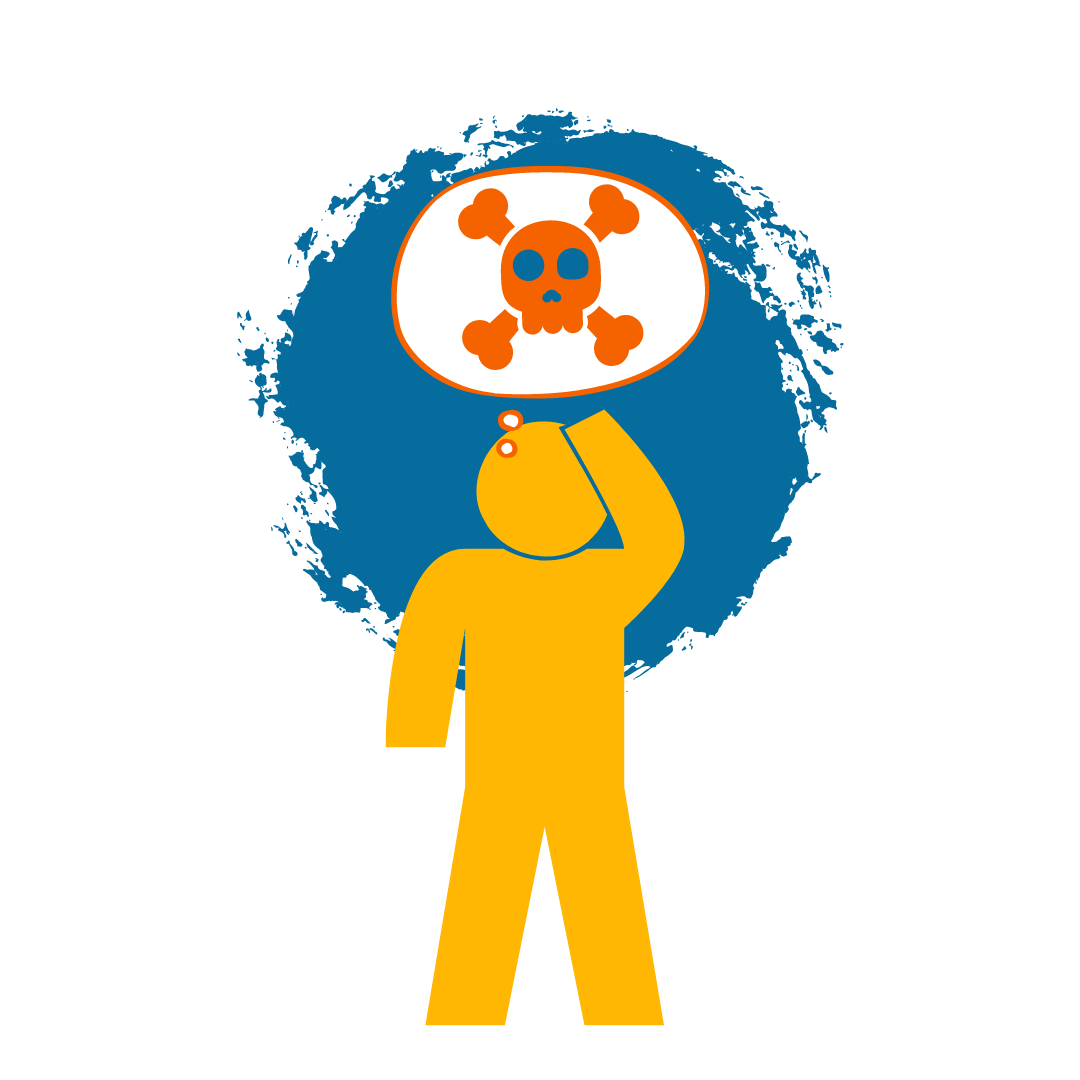Borderline Personality Disorder Treatment
What is Borderline Personality Disorder?
We all have emotional ups and downs, but individuals with Borderline Personality Disorder experience intense emotions that shift quickly and are unpredictable.
They can be on top of the world one minute, only to come crashing down the next.
They may display intense feelings of dysphoria and depression, then switch to anxiety or anger, even hypomania, in the span of a few hours or days.
Their intense mood shifts may lead them to act impulsively in an effort to relieve their stress, and their anxiety and anger may cause them to express irrational, even paranoid, thoughts.
Since their moods can shift quickly, you may find yourself walking on eggshells. One moment, they seem confident and agreeable.
The next moment, they may respond to a comment you meant to be supportive and encouraging by expressing annoyance, making nasty comments, or lashing out at you in an angry outburst.
This may leave you feeling confused at how the conversation, which seemed to be positive and on solid footing, became grounds for a disagreement.
Photo by Priscilla Du Preez on Unsplash
BPD individuals tend to think in black-and-white terms.
They either have good feelings or bad feelings, they either love you or hate you, and they either feel attached to you or rejected by you.
Their good or bad feelings about a person, including you, can shift instantly, changing their attitude, opinions, and even their memories.
Their irrational and sometimes impulsive behavior can leave you feeling helpless, abused, confused, off-balance, and anxious.
BPD individuals find it difficult to regulate their emotions, so they tend to be emotionally volatile. Once upset, they may be unable to think straight or calm themselves in healthy ways.
They may act out in dangerous or inappropriate ways or say hurtful things, which causes turmoil in their relationships and stress for family members, partners, and friends.
They are comfortable assuming the Victim role, which elicits caretaking behaviors in others, sometimes to the point of self-sacrifice.
Giving Borderlines more and more control by yielding to their demands does not solve the problems, but actually makes them feel more anxious.
Here are a few questions to ask yourself If you think you may have BPD individuals in your life:
- Do I feel like I have to walk on eggshells? Do I have to watch everything I say and hide what I think or feel to avoid disagreements or hurt feelings?
- Is my loved one calm one moment, despondent the next, then suddenly angry about something? Are the mood swings unpredictable, and are their thoughts during those times irrational?
- Does my loved one tend to think in black-and-white terms? Am I either all good or all bad, wonderful one moment, only to find myself being described as selfish, cold, and uncaring the next?
- Do I feel like anything I say will be distorted and used against me? Are my loved one’s expectations always changing so I never know how to keep the peace?
- Do I get blamed when things go wrong? Am I blamed for things that don’t make sense? Does my loved one accuse me of saying and doing things I never said or did?
- Am I in a FOG most of the time, confused by my loved one’s unhappiness and negative behavior? (FOG is an acronym for Fear, Obligation, and Guilt, which are feelings you may have if there is a Borderline in your life)

BPD individuals often think of themselves as victims, which may elicit a rescuer response from you.
You may find yourself trying to rescue them, only to find that you are being accused of abusing them. You may make a statement meant to be supportive and encouraging, only to be angrily accused of saying something mean and hurtful.
It is extremely important to not try to use these symptoms to try to diagnose yourself or someone you know but I am including them on this page for reference.
Only a specialist can accurately diagnose a personality disorder.
The Diagnostic criteria of borderline personality disorder are explained below. Not every person with BPD will meet every criteria. The disorder is characterized by a pervasive pattern of instability in numerous areas of life and functioning.
Symptom: A history of intense and unstable relationships.
Description: This is often one of the most prominent symptoms of people with BPD. Because of their instability and their tendency to fluctuate between love and hate, their relationships with others tend to be tumultuous!


Symptom: Self-harming behavior.
Description: We often see self-harming behaviors such as cutting, burning, or other ways of inflicting pain on themselves. This is often done for an emotional release.
Symptom: Intense and fluctuating moods.
Description: Mood shifts can last hours or days. They can act intense, aggressive, sad, or in some other type of strong affective state.


Symptom: Intense efforts to avoid abandonment (whether it's real or perceived).
Description: This can cause people with BPD to jump right into relationships or end them quickly.
Symptom: Unstable self-image or distorted sense of self.
Description: Individuals with BPD often do not have a realistic perspective of themselves.


Symptom: Reckless and impulsive behaviors.
Description: These behaviors can include spending, unsafe sex, abusing substances, and other similar behaviors.
Symptom: Recurrent suicidal thoughts or behaviors.
Description: It is common for individuals with BPD to fantasize, plan, or threaten suicide.


Symptom: Persistent feelings of emptiness.
Description: People with BPD struggle with feeling empty and life feeling meaningless.
Symptom: Intense anger.
Description: Anger can be episodic and, at times, can become explosive and even dangerous.


Symptom: Dissociating
Description: When someone dissociates, they feel cut off from themselves or reality. There are numerous other mental health challenges that cause this feeling but for different reasons.
The cause of personality disorders, even BPD, is largely genetic.
Everything that we do originates in the brain --- our thoughts, feelings, and actions.
Therefore, all human experience has a biological basis.
Genetics appears to play an important role in personality, intelligence, and disposition.
However, gene expression is significantly influenced by environmental factors.
Photo by the blowup on Unsplash
Research has shown that brain development is unfinished at the time of birth and that the brain continues to develop as it receives and processes information from the environment.
This means that a person’s environment may have a substantial influence on brain chemistry and the structure of the brain and that changes continue to occur over a lifetime.
Numerous studies has shown a strong connection of personality issues with biological factors.
While we don’t diagnose personality disorders in children, the tendency toward these personalities can be observed at a very young age!
How does the online Borderline Personality Disorder treatment work?

Online work with BPD requires careful consideration on the part of the therapist. Risk is the most important consideration as it is not unusual for BPD patients to engage in suicidal threats or gestures.
It is very important to not feel rejected if an online therapist recommends face-to-face or group treatment.
The referral has nothing to do with whether the therapist enjoys speaking with you.
It is entirely about risk assessment and what is best for the patient! BPD treatment, similar to most personality disorder treatment, largely focuses on building insight but with BPD there is also a strong focus on managing intense emotions.
BPD treatment often uses the dialectical behavior therapy framework (DBT).
DBT can greatly help with emotional regulation and increasing positive coping strategies. It is often done in a group setting but some therapists choose to teach DBT skills individually.
There is much more skills-based learning in BPD treatment than in most other forms of personality disorder therapy.
Meet Dr. G
Hi, I’m Dr. G! I’m a clinical psychologist, entrepreneur, author, and personality disorder expert.
I believe that with the right tools you can achieve satisfaction in life and handle anything that comes your way.
Read More



